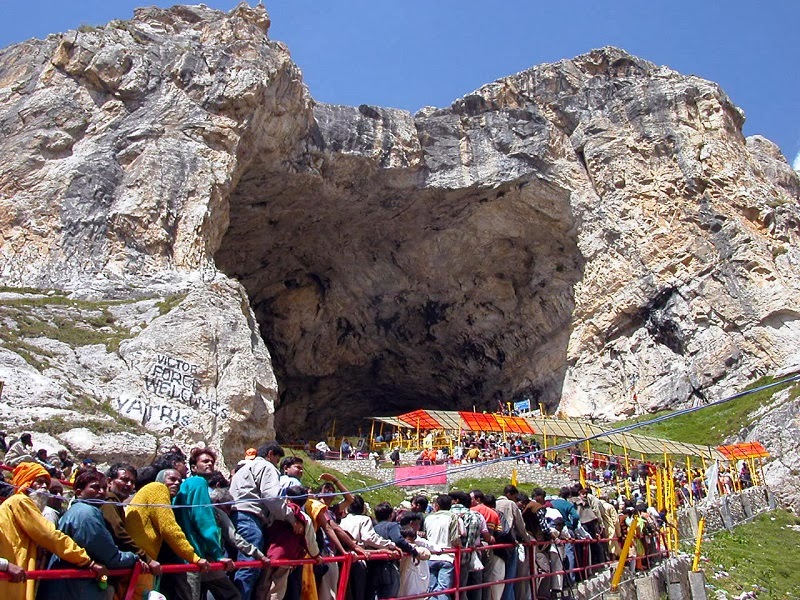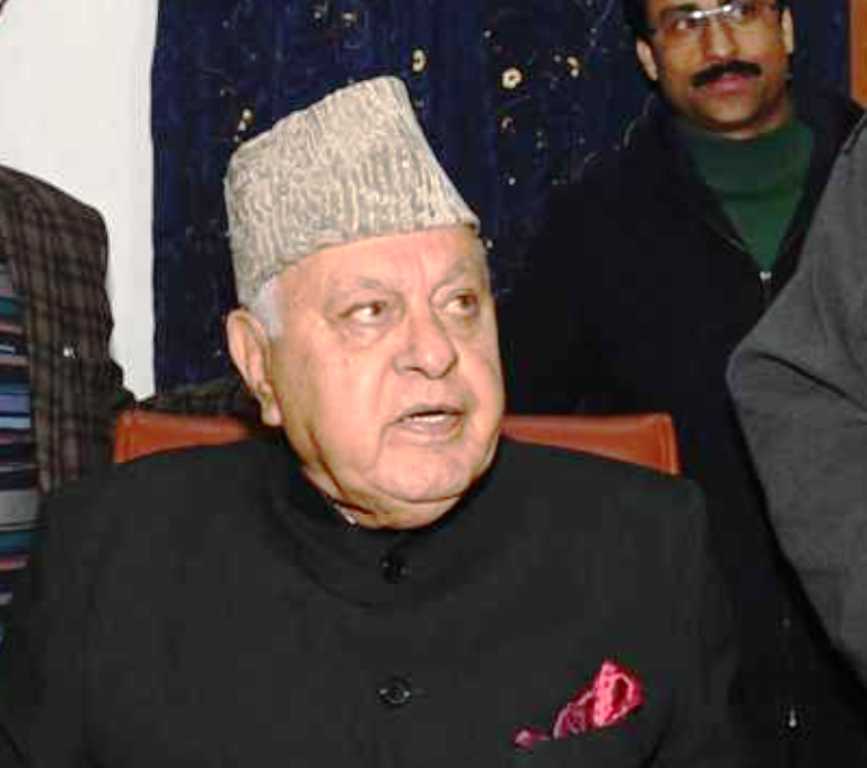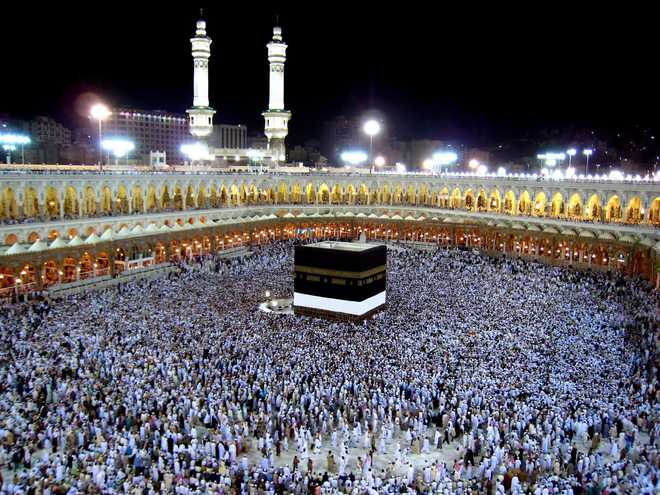SRINAGAR: The Government is poised to establish an Other Backward Classes (OBC) Commission following the cessation of the Model Code of Conduct (MCC) on June 4, Daily Excelsior reported.
This commission will determine the percentage of reservation for OBCs in various local governance bodies, including Panchayats, Urban Local Bodies (ULBs), Block Development Councils (BDCs), and District Development Councils (DDCs).
Despite its approval by Parliament in February, the commission’s formation was delayed due to the MCC, which was in place during the recent parliamentary elections.
However, with its imminent lifting, the commission is expected to be established promptly thereafter. Alternatively, the task may be assigned to the existing Commission for Socially and Educationally Backward Classes.
Once the commission determines the reservation percentage for OBCs, the Rural Development and Panchayati Raj Department will undertake the delimitation and rotation of reserved seats in Panchayats. Presently, Scheduled Castes (SCs), Scheduled Tribes (STs), and women enjoy reservations in these bodies, with women holding a 33 percent reservation in both Municipalities and Panchayats.
Elections for Panchayats, originally scheduled for November-December last year, were postponed to accommodate reservations for OBCs. These elections, along with those for Municipalities, can only proceed once the reservation percentage for OBCs is finalised.
The government has granted eight percent reservation to OBCs in government jobs and educational institutions, but their reservation in Panchayats will be proportionate to their population.
Furthermore, the government has expanded the list of OBCs from 27 to 42 castes and plans to ensure proportional representation for them. Elections for Block Development Councils are also pending, having the same term duration as Panchayats. However, District Development Councils have their term set until January 2026, following their inaugural elections in November-December 2020.
Concerning Paharis Ethnic Tribe, Paddari Tribe, Koli, and Gadda Brahmins, despite their status as Scheduled Tribes, they will be eligible to contest elections under the ST category. However, the government is yet to decide whether the reservation for STs in local elections will increase. In the Legislative Assembly, STs currently have a 10 percent reservation, while SCs have eight percent.
Also, the Assembly includes provisions for the nomination of various other groups, such as women, Kashmiri migrants, and Pakistan-occupied Jammu Kashmir (PoJK) refugees.
Ultimately, the aim is to ensure inclusive representation across all levels of governance, reflecting the diverse demographics and needs of the region.













